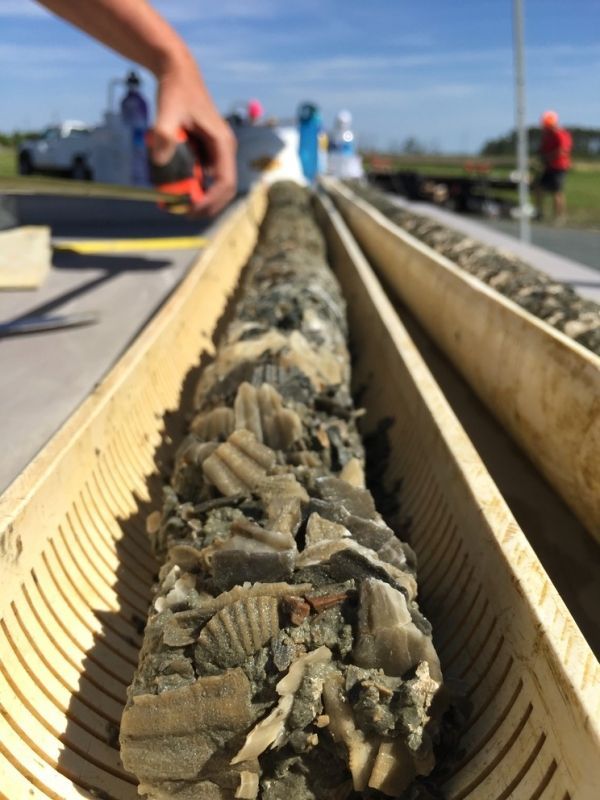Their study, published online in Nature Geoscience, provides new evidence of a climate feedback that could explain the long duration of the Paleocene-Eocene Thermal Maximum (PETM), which is considered the best analogue for modern climate change.
The findings also suggest that climate change today could have long-lasting impacts on global temperature even if humans are able to curb greenhouse gas emissions.
"We found evidence for a feedback that occurs with rapid warming that can release even more carbon dioxide into the atmosphere," said Shelby Lyons, a doctoral student in geosciences at Penn State. "This feedback may have extended the PETM climate event for tens or hundreds of thousands of years. We hypothesize this is also something that could occur in the future."
Continue reading at Pennsylvania State University
Image via Pennsylvania State University


